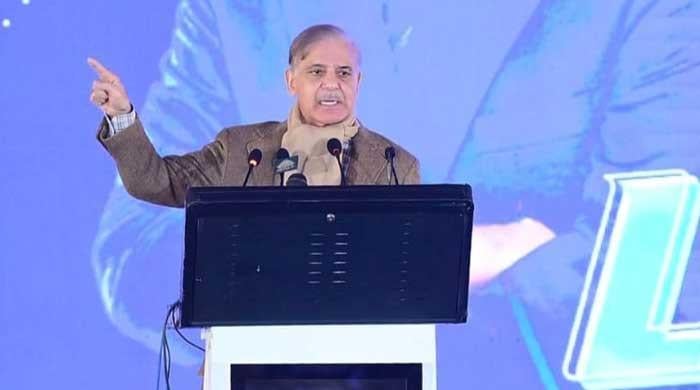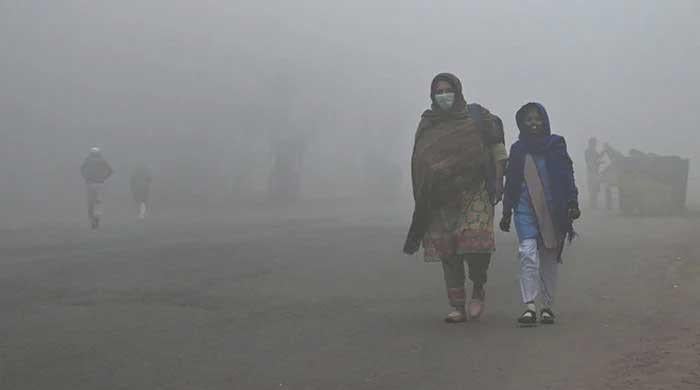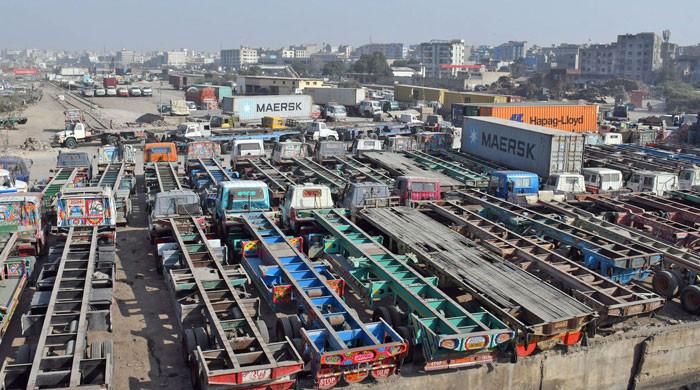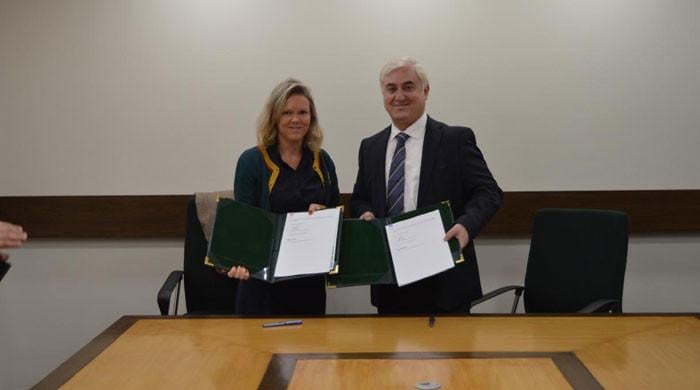Pakistan envoy to UN issues clarification after backlash on Pashtun culture remarks
Envoy says he meant no disrespect to Pushtun culture which is highly progressive and deserves full respect
February 03, 2023
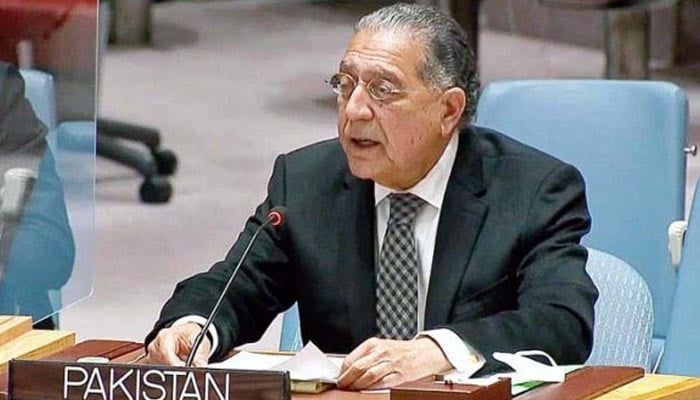
- Ambassador clarifies these restrictions not consistent with Islam.
- Pakistan conveyed its opposition to restrictions on Afghan women: Munir.
- Urges int'l community to persuade Afghanistan govt to lift these restrictions.
Pakistan’s Ambassador to the United Nations Munir Akram, a day after he drew criticism for his remarks on the Pushtun culture, issued a clarification saying that his comments were referring to a "peculiar perspective" of a small minority that has resulted in the restrictions on women.
The ambassador made the comments at the humanitarian briefing on Afghanistan at the UN Headquarters in New York on Wednesday.
“The restrictions that have been put by the Afghan interim government, flow not so much from a religious perspective as from a peculiar cultural perspective of the Pashtun culture, which requires women to be kept at home,” he said at the UN briefing.
"And this is a peculiar, distinctive cultural reality of Afghanistan which has not changed for hundreds of years," said Ambassador Akram.
The ambassador said that he regrets if his remarks were misunderstood or hurt anyone's feelings. "There was no disrespect meant to Pushtun culture which is highly progressive and deserves full respect all across the world," he explained.
Ambassador Munir said that his reference was to the “peculiar perspective” of a small minority, resulting in restrictions on women, adding that the point made by him was that these "restrictions are not consistent with Islam and the Sharia – which provides all rights to women, including to work and education."
He underlined that Pakistan, consistent with its policy, has conveyed its opposition to the restrictions on women to the Afghan interim government.
He also urged the international community to engage with and patiently persuade the Afghanistan government to lift these restrictions, and continue its humanitarian assistance to the Taliban-led country which is critical for the survival of the impoverished people of Afghanistan.




